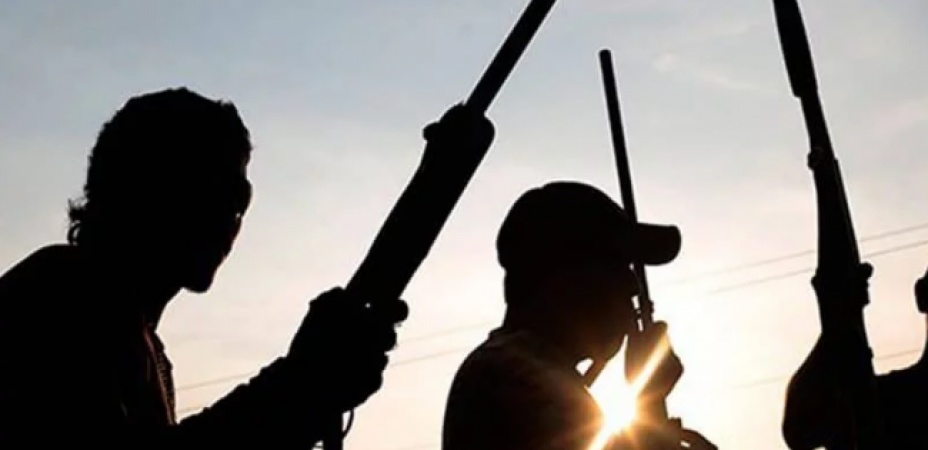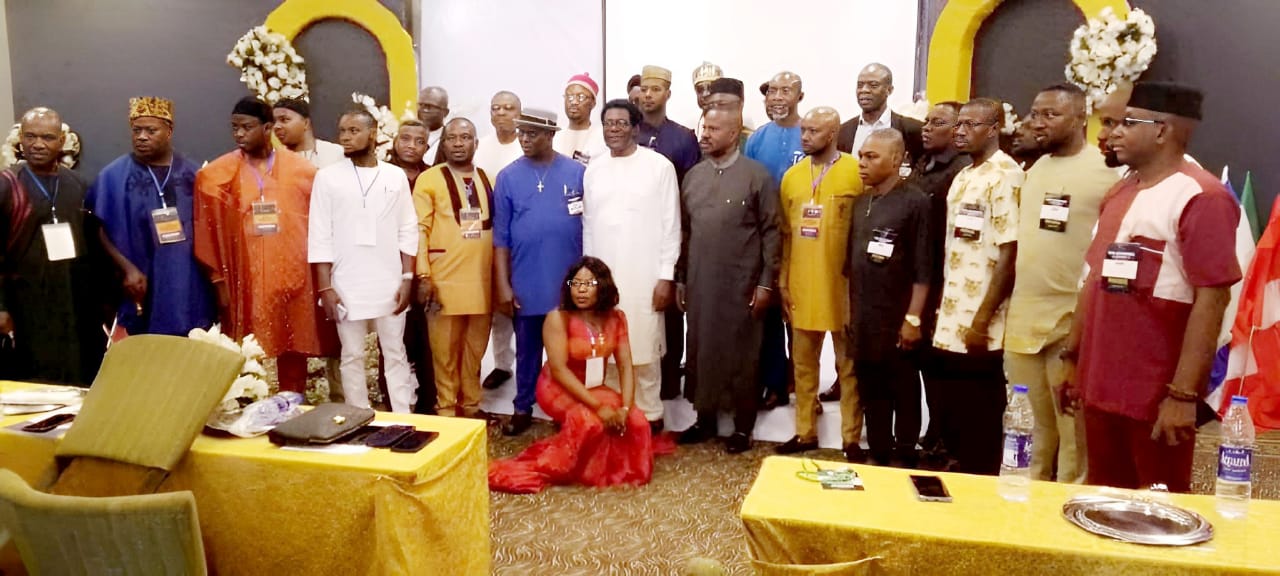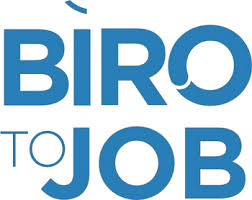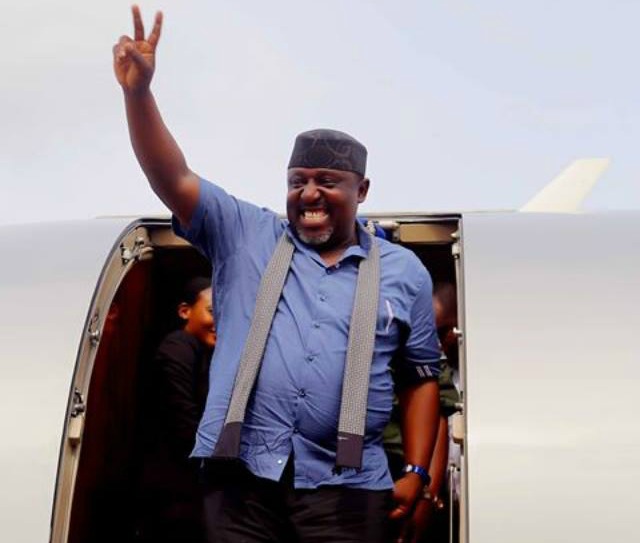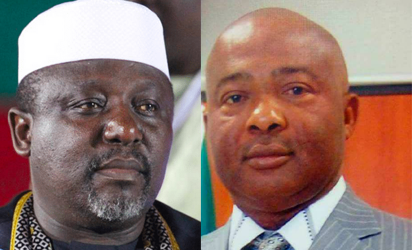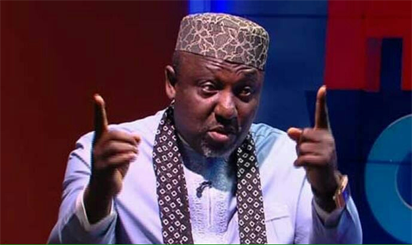NDIGBO: Time To Unite Towards A Common Course
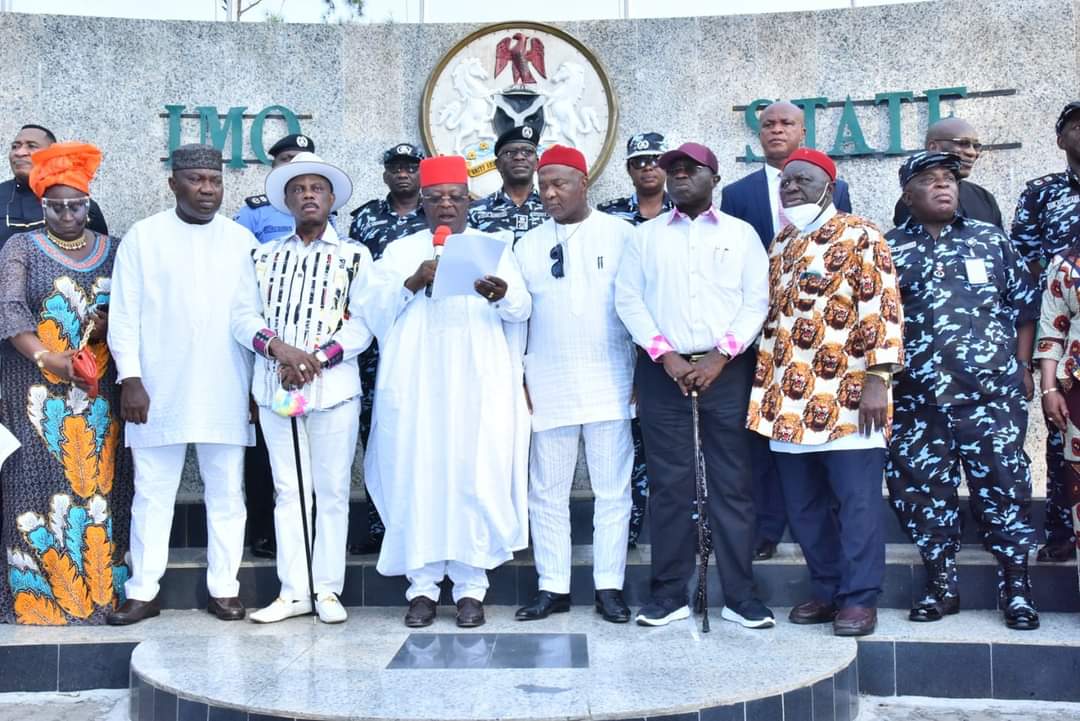
By Collins Ughalaa KSC
Nigeria is now in another trying time, the type not seen before. As well, Igbo land is troubled, in dimensions not seen before and hitherto considered unimaginable. No one sleeps with two eyes closed as we are treated to the most absurd incidents. No doubt, the years of injustice against Ndigbo is telling. It is part of the factors contributing to, and accentuating, the current conditions we now face. Nigeria’s history is replete with imbalance in distribution of the office of the president and head of state of the country against Ndigbo. For example, Alhaji Abubakar Tafawa Balewa was the Prime Minister upon independence from 1960-1966, while Chief Dr. Benjamnin Nnamdi Azikiwe was the ceremonial president within the same time, from Oct 1, 1960 – January 16, 1966.
Upon the first coup in January 1966, Major General Johnson Thomas Umunnakwe Aguiyi Ironsi became the first military head of state from January 16, 1966 – July 29, 1966, whereas General Yakubu Gowon became the second military head of state upon the second coup, from August 1, 1966 – July 29, 1975. It was during his time that Nigeria went into a civil war. He was followed by General Murtala Ramat Mohammed who was the head of state from July 29, 1975 – February 13, 1976. General Olusegun Aremu Okikiola Matthew Obasanjo became the fourth head of state, covering a period of four years, from February 13, 1976 – October 1, 1979. He handed over to Alhaji Shehu Usman Aliyu Shagari after the 1979 general elections. He became the first executive president from October 1, 1979 – December 31, 1983.
Shagari’s government was toppled by Major General Muhammadu Buhari who went on to become the head of state from December 31, 1983 – August 27, 1985. He was followed by General Ibrahim Badamasi Babangida who served as head of state from August 27, 1985 – August 27, 1993. Following the crisis that befell the 1993 general elections, IBB relinquished power to Chief Ernest Adekunle Oladeinde Shonekan who was nominated to head the Interim National Government and served from August 26, 1993 – November 17, 1993. His government was toppled by General Sani Abacha who went on to serve as the head of state from November 17, 1993 – June 8, 1998, followed by General Abdulsalami Abubakar, the last military head of state, from June 9, 1998 – May 29, 1999.
Abdulsalam conducted another election in 1999 leading to Nigeria’s return to democratic rule. Chief Olusegun Aremu Okikiola Matthew Obasanjo became president and governed for 8 years, from May 29, 1999 – May 29, 2007. He was succeeded by Umaru Musa Yar’Adua who governed from May 29, 2007 – May 5, 2010. Upon Yar’Adua’s demise, his Vice, Dr. Goodluck Ebele Jonathan, took over on May 6, 2010 and was sworn in and later won the 2011 presidential election. He lost his reelection to Major General Muhammadu Buhari (rtd) who became president on May 29, 2015. Buhari was reelected in 2019.
Ndigbo have suffered years of marginalization in terms of infrastructural development as well, despite being the goose that lays the golden egg. The infrastructural decay, skyrocketing unemployment, poverty, etcetera, have been the lot of the Igbo people over the years. Ndigbo also suffer structural imbalance as well, with the entire Southeast having just five states, fewer local governments and fewer members of Senate and House of Representatives. The imbalance is worsened by the flagrant disrespect for federal character as enshrined in section 14(3) of the 1999 constitution, which provides that “The composition of the Government of the Federation or any of its agencies and the conduct of its affairs shall be carried out in such a manner as to reflect the federal character of Nigeria and the need to promote national unity, and also to command national loyalty, thereby ensuring that there shall be no predominance of persons from a few State or from a few ethnic or other sectional groups in that Government or in any of its agencies”.
Many people now feel that the imbalance Ndigbo suffer has become unbearable. But as worrisome as the ugly realities are, they do not have to push us to madness. As a people who are guided by their intellect, the bad condition of Ndigbo does not provide us the luxury of bearing arms against each other. We need concerted efforts towards achieving a common goal. Having understood our problems, it behooves us to have a clear picture of what the solutions are and pursue them and not take actions that further exacerbate the conditions. As bad as the prewar conditions were for Ndigbo, they did not bear arms against themselves. The prewar conditions afforded Ndigbo the opportunity to come together and forge a common trajectory. In today’s conditions, we should not allow the pains we feel in our hearts drive a wedge between us. United we stand, but divided we fall. A house divided against itself will not stand.
The ongoing needless carnage in Igbo land is nothing to celebrate. We should wear our sackcloth and mourn. Those who appear to celebrate the tyranny and violence reigning in Igbo land miss the point a lot. We cannot cut our nose to spite our face. Those who appear not to understand the danger lurking behind for Ndigbo should wake up from their slumber. Those allowing their political biases and emotions get the better hold of them should shake off the cobwebs. We cannot rejoice when police formations are attacked and burnt. We cannot rejoice when public and private facilities are attacked and burnt. We cannot rejoice when people are cut down in their prime. We cannot justify the invaders as if the attacks are meant for any one person alone. What we have is an evil wind that blows no one any good. As posited by Governor Uzodimma, “no sane man will urinate into a well he and his family drink from”.
The coordinated attack on Ndigbo cannot be in their best interest. The least we can do is not to support the invaders, whoever they are. We should at all times resist the temptation of turning ourselves against one another. Those bearing arms should reconsider their steps. The civil war experience should teach us not to romanticize the idea of going into another war, or the idea of decimating our land in order to vent our anger.
We should refocus our energies on finding suitable remedies and we must not shy away from workable proposals. There are proposals that a restructured Nigeria is a better option because it will provide equity, justice and fairness for all. There are also proposals that producing a Nigerian president of Igbo extraction is also a better option. These laudable options require the support of all. “What Ndigbo wants is justice, equity and fairness. A Nigeria that provides a level playing ground for all citizens…. And we believe we can get what we want through constructive and tenacious engagement with fellow Nationals and relevant institutions, not by violence or war. Igbos have seen war, not in storybooks or in movies but real war. No right-thinking Igbo, who experienced the excruciating and devastating effects of the civil war on Igboland and our people, will vote for another war”, said Governor Hope Uzodimma.
As striking as Governor Uzodimma’s words, the President General of Ohanaeze Ndigbo, Prof George Obiozor, adds impetus to it when he said in a recent interview in Abuja that it is “indeed compellingly reasonable” for the rest of the country “to support the Southeast to produce the president of the Federal Republic of Nigeria the next time around”. Adding that “A sense of balance, a sense of belonging is extremely important in a federation”, he said: “In fact, when people talk about justice or injustice, it is because it has not affected you and you think it will not come. In fact, [Ndigbo] are bringing visible and conspicuous achievements, capacity to turn national difficulties into dividends for Nigeria, turn obstacles into opportunities. The Igbo man is not a greedy man. He is also not a lazy man. Forget every perception you have about the Igbos.
“The Igbos know how to share things and allow others to take and he would take the last, just as we are taking the last of all the zones in Nigeria for the presidency. You will see a difference and the difference will be clear. The difference will be that the country will be stable, because we are bringing a government that will bring justice, equity and fairness, charity to all and malice towards none.” These objectives are more pleasant and fulfilling. Let us come together and use our numerical strength for the realization of this dream. Running away from this realizable objective is like one attempting to run away from his shadow. Let us mobilize towards political gains for Ndigbo.

